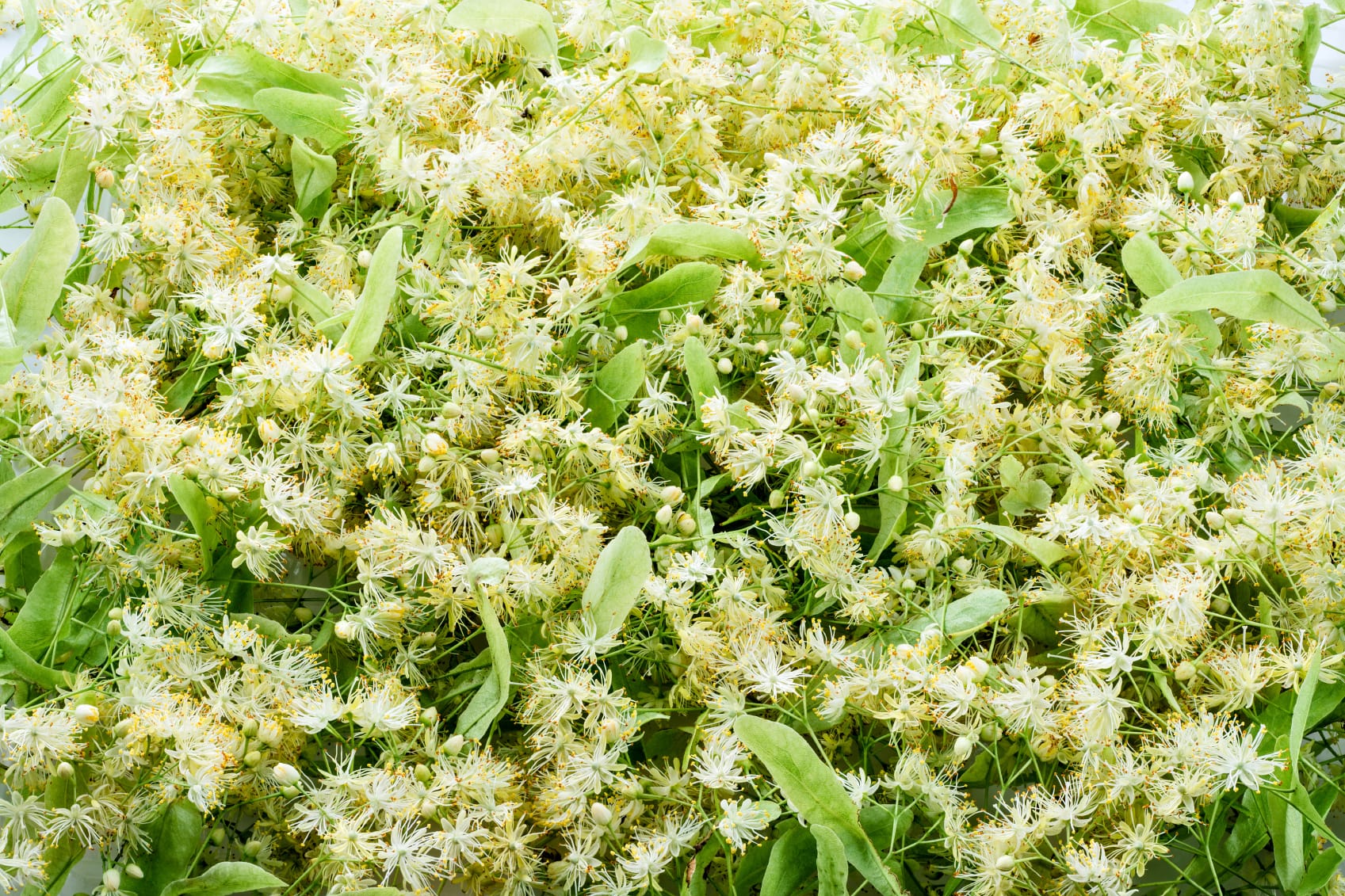Benefits of Tea Tree
L'tea tree (Melaleuca alternifolia), better known as Tea Treeis a plant with powerful properties, mainly used in the form ofessential oil. It is recognised for its benefits:
- Natural antibacterial Helps fight bacterial infections and skin impurities.
- Antifungal Effective against mycosis and fungal infections.
- Antiviral and immunostimulant Supports the immune system and helps with ENT infections.
- Anti-inflammatory Soothes skin irritations and mouth inflammations.
- Powerful antiseptic Used to disinfect wounds and promote healing.
- Skin regulator Fights acne and skin imperfections.
Origin and history
The tea tree originates fromAustraliawhere it grows wild in marshy areas. Its use dates back to the AboriginesIts leaves were used to treat infections, wounds and respiratory ailments.
The name "Tea Tree comes from Captain James Cook, who is said to have used the tree's leaves to make an infusion during his expedition to Australia in the 18th century.
It was in the 20th century that tea tree essential oil was scientifically studied and marketed for its exceptional antiseptic and antimicrobial properties.
Using Tea Tree
1. Aromatherapy and natural care
Tea Tree essential oil is used to treat a variety of health problems:
- Acne and blemishes Apply 1 drop of essential oil diluted in a vegetable oil.
- Skin and nail fungal infections Apply to the area concerned, diluted or undiluted depending on the sensitivity of the skin.
- ENT infections (colds, strep throat, sinusitis) Inhalation or diffusion to clear the respiratory tract.
- Mouth ulcers and inflammation of the mouth Mouthwash with a drop of essential oil diluted in water.
- Disinfection of wounds Local application after dilution.
2. In cosmetics and daily hygiene
- Anti-dandruff shampoo A few drops in a shampoo to purify the scalp.
- Natural toothpaste Added to toothpaste for its antibacterial properties.
- Natural air freshener for purifying the air and eliminating unpleasant odours.
3. For household use and sanitation
- Multi-purpose cleaner added to white vinegar for a natural disinfectant.
- Purifying spray Purifies the air and helps to disinfect surfaces.
- Antibacterial detergent Added to washing powder for its purifying properties.
Tea tree as a dietary supplement
Tea Tree essential oil is sometimes available in the form of capsules or food supplements to boost the immune system and combat internal infections.
Recommended dosage
- Essential oil (for internal use under medical supervision) 1 drop diluted in a spoonful of honey or vegetable oil, up to 2 times a day.
- Capsules According to the manufacturer's instructions, generally 200 to 300 mg per day.
Precautions and contraindications
⚠ Tea tree oil is powerful and should be used with care.
- Do not ingest pure essential oil without the advice of a healthcare professional.
- Do not apply undiluted to sensitive skin Always dilute in vegetable oil.
- Not for use by pregnant or breast-feeding women without medical advice.
- Not recommended for young children for pure use.
- Risk of skin allergies Test in the crease of the elbow before use.
Suggested associations with Tea Tree
- Acne and skin blemishes Lavender, Rose Geranium.
- Immune support Ravintsara, Eucalyptus radiata.
- Mycoses and skin infections Noble Laurel, Cloves.
- Oral hygiene Peppermint, Lemon.
Conclusion
Tea tree is an essential ingredient in phytotherapy and aromatherapy. Thanks to its antibacterial, antifungal and antiviral propertiesIt is a natural ally for the skin, the immune system and daily hygiene. Its essential oil is an effective solution for many ailments, but its use must be subject to certain precautions.
Sources and references
- Cavanagh HMA, Wilkinson JM. "Biological activities of tea tree oil", Clin Microbiol Rev, 2004.
- World Health Organization (WHO) - Monograph on the tea tree.
- National Center for Biotechnology Information (NCBI) - Studies on the antibacterial properties of Tea Tree.
- Bruneton J. "Pharmacognosy, phytochemistry, medicinal plants", Lavoisier, 2009.
- Tisserand R, Young R. "Essential Oil Safety: A Guide for Health Care Professionals, Elsevier, 2013.











